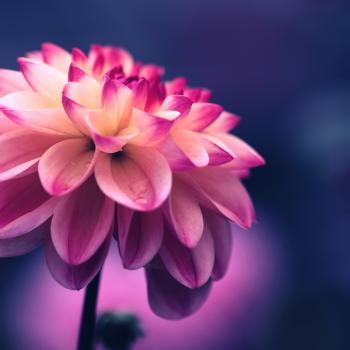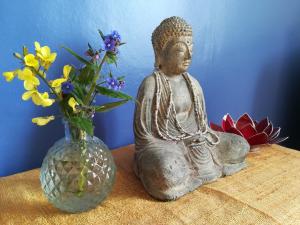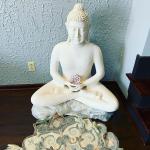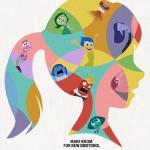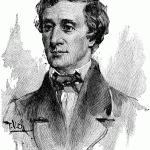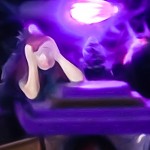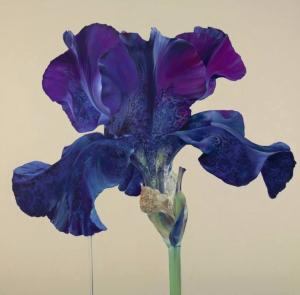
As my first day of work in 2023 approached, I got myself into a painful tangle. I’d previously done lots of writing in my journal about my goals for the year, and they felt clear. As I looked at the list, however, I felt panicky and trapped. There was a lot on there! In my urgency to describe the WHAT of 2023, I had neglected to think about the HOW.
I had chosen myself a word to guide me during 2023 – impermanence. The day before I went back to work I decided to shine the light of impermanence onto my panicky tangle and see what happened. What would it mean to look at the year through eyes that deeply understand how everything is in constant flux?
Over the holidays I’ve been reading Kate Bowler’s books. Bowler is an academic who was given a Stage IV cancer diagnosis with a very slim chance of short term survival at the age of 35. Her writing is packed with gentle wisdom, and she has been showing me the truth of change. Her diagnosis was a bomb, and any of us could receive a similar bomb at any time.
How long will I live?
What if I were to receive a bomb at the end of 2023? What would that mean about how I spent my year? As a thought experiment, I considered my overwhelm with this in mind. Would I still want to work? Of course it’s impossible to know how I’d really feel but, like Bowler, I thought that the answer was probably yes.
What felt different was the way I thought about the PROCESS of working. Previously my ‘manager’ parts had been in control and had wanted me to pile through the projects as quickly as I could – writing two books, a big temple garden project, a new Bright Earth lay ministry programme – tick, tick, tick. Now I could see that enjoying my life in the meantime was just as (or more) important than getting these projects completed.
Would I want to spend my last year shackled to my computer, tired, grumpy, and in recovering mode at weekends? No! Did I want to make time for contemplation, time with dear friends, long dog walks, swims and lazy lunches? Yes! Would it matter if the projects weren’t completed by the end of the year, or even by the end of my life? Actually – no. The world would survive without another book on Buddhism.
A whole life
My work is important to me, and I receive a great deal of satisfaction from it, but it is only one part of a whole life. This life includes study and cake and occasional messy arguments. It includes Netflix and seaside holidays and hanging out with the Buddha. If I don’t make the most of my weeks this year, with time to work, rest and play, then what am I waiting for?
I spent some more time writing in my journal – making sure that I heard from all the different parts of me – the ones that want me to work non-stop, the ones that want me to lie on the sofa all day, the ones that want me to write, to make space for connection, to save the planet, to plant irises in the garden, to do Buddhist practice. We came up with some great plans together.
I now have regular writing time booked into my diary, including two writing retreats this year. I have reserved one Friday every month for doing absolutely nothing. I will spend two hours a week-ish on projects, because that’s all the time I have left, and I will do what I can do in that time – the rest will have to wait for another year.
Gratitude for everything
I am grateful for the tangled overwhelm, which pointed me towards something that needed attention. I am grateful for my word for the year, and I will return to it when I need to. I am grateful to this rainy day – my first day back at work – and for the opportunity to share my experience with you. Maybe it will help you a little with your own tangles.
Go gently _/|\_
*
If you enter into the thought experiment of this year being your last year, what changes? What plans seem suddenly less important? What troubles seem less worrying? What might you reprioritise? How might you see this year as a gift, rather than as a burden? Do share in the comments.


